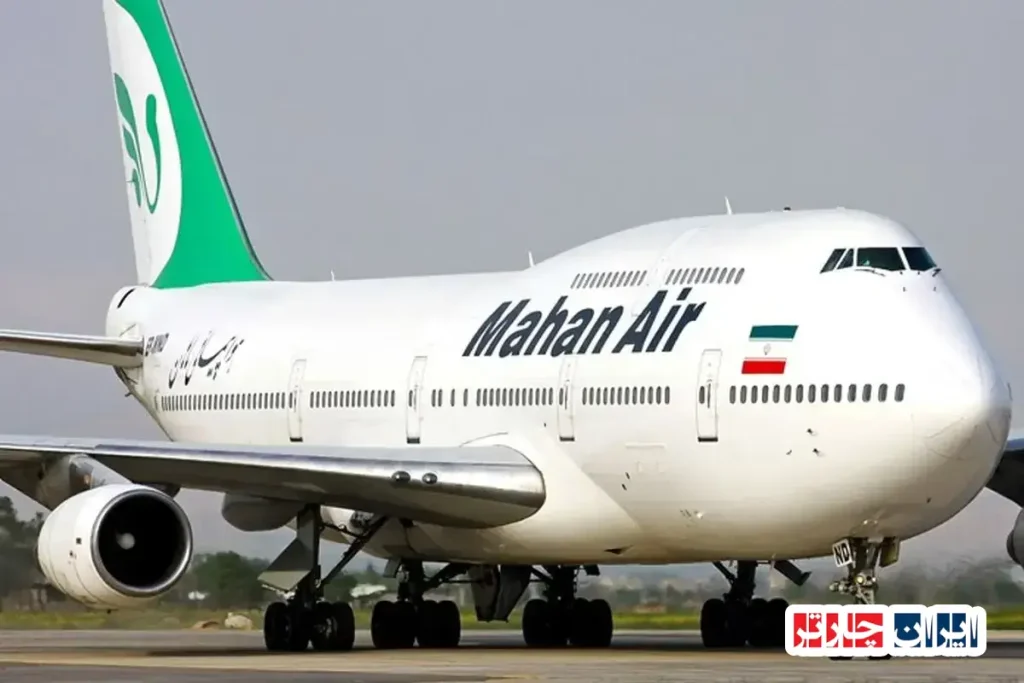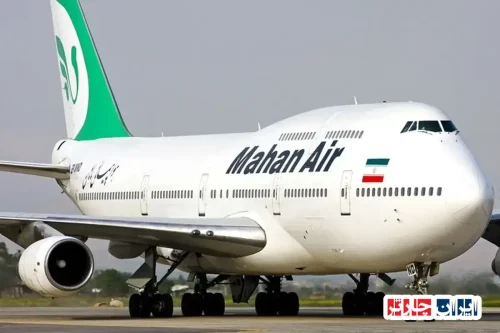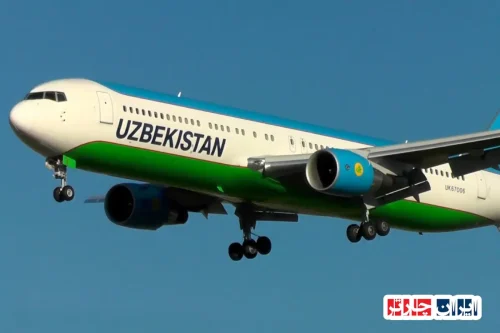What are Last-Minute Tickets and Why Are They So Tempting?
Last-minute tickets refer to airline tickets purchased shortly before the scheduled departure time, often just days or even hours beforehand. The concept originated as airlines sought to fill unsold seats that would otherwise go empty, offering them at potentially reduced fares. The primary appeal of last-minute tickets lies precisely in this possibility of snagging a significant discount, making air travel more accessible for budget-conscious or spontaneous travelers. This potential for a bargain, combined with the thrill of an impromptu trip and the idea of seizing an immediate travel opportunity, makes the prospect of buying a last-minute ticket highly tempting for many looking for flexible or affordable flight options.
The Dream of Ultra-Cheap Last-Minute Tickets: What’s the Reality Today?
While the allure of deeply discounted last-minute tickets persists, the reality in today’s dynamic travel market is more complex. It’s a common misconception that waiting until the final moments guarantees the lowest price. Airlines now use sophisticated pricing algorithms that consider factors like demand, route popularity, time of year, and competitor pricing in real-time. This means that if a flight is already filling up, the remaining last-minute seats might actually be quite expensive, not cheap. The dream of consistently finding ultra-low fares by waiting until the very last minute is less of a certainty and more dependent on specific market conditions, airline strategies, and route demand at the specific time of booking.
How to Be a Savvy Last-Minute Ticket Hunter: Tips and Tools for Finding the Best Deals
Becoming skilled at finding genuinely good last-minute ticket deals requires a strategic approach and the right tools. One of the most crucial factors is flexibility: being open to slightly different departure dates, times, or even alternative nearby destinations can significantly increase your chances of finding a bargain. Utilizing dedicated flight comparison websites and apps that specialize in or have strong search filters for last-minute availability across multiple airlines is essential. Setting up price alerts for desired routes can also notify you automatically if fares drop suddenly. Persistence, quick action, and checking multiple sources are key for any aspiring last-minute ticket hunter looking for the best spontaneous travel deals.
Traveling on a Last-Minute Ticket: A Risky but Adventurous Style of Travel – Pros and Cons
Opting for last-minute travel via spontaneously booked tickets offers a unique style of adventure, blending risk with excitement. The main advantages include the potential for cost savings (when deals are available and found) and the inherent thrill of spontaneous decision-making, which can lead to unexpected and memorable journeys. However, this approach comes with notable drawbacks. You often have limited choices regarding airlines, preferred flight times, seating options, and even baggage allowances. The process can be stressful, requiring swift action before tickets disappear. Furthermore, coordinating logistics like accommodation or meeting others on short notice can be challenging. It’s a trade-off between potential savings and spontaneity versus convenience, certainty, and planning ease.
Key Tips for Success When Buying and Using Last-Minute Tickets: From Travel Preparedness to Managing Expectations
To make your last-minute ticket experience smoother and more successful, several practical tips are crucial. Firstly, ensure all your necessary travel documents, such as your passport and any required visas for your destination, are valid and easily accessible – you won’t have time for last-minute renewals. Be prepared to pack quickly or have a bag mostly ready to go for sudden departures. It’s also important to manage your expectations; while great deals exist, don’t assume you’ll find the absolute cheapest fare or the most convenient flight time every time you search. Be ready for potential changes or fewer options compared to booking in advance. Flexibility, readiness, and a pragmatic approach are your best allies when embracing the world of last-minute air travel opportunities.

FAQ
Are last minute plane tickets always cheaper?
No, this is a common misconception. Last minute tickets are often significantly more expensive than booking in advance, especially on popular routes or during busy travel periods.
How close to the departure date is considered “last minute”?
Typically, booking within a few days, sometimes within one or two weeks, of the departure date is considered last minute. The prices tend to be highest in the final 72 hours before a flight.
Why are last minute tickets often very expensive?
Airlines know that travelers booking at the last minute often have an urgent need to travel (for business, emergencies, etc.) and are less sensitive to price. The cheapest fare classes usually sell out first, leaving only the more expensive tickets available closer to departure.
Can last minute tickets sometimes be cheap? Why?
In rare cases, an airline might slightly reduce the price of a few remaining unsold seats very close to departure to try and fill the plane, but this is not a guaranteed or frequent occurrence. It’s more common with package deals or charter flights trying to fill empty spots.
Where should I look for potential last minute flight deals?
Check directly on airline websites, look at major online travel agencies (OTAs) like Expedia or Booking.com, and use flight comparison sites like Google Flights or Skyscanner. Filter searches for dates very close to the present.
What are the main risks or disadvantages of booking a flight last minute?
The biggest risk is higher prices. Other downsides include limited availability (fewer seat choices, flights might be full), less choice in departure times or routes (potentially involving inconvenient layovers), and often very restrictive ticket rules (little to no flexibility for changes or cancellations).
Is it generally better to book a flight in advance or wait until the last minute?
For most travelers seeking a balance of good price and availability, booking in advance (typically 1-3 months depending on the route) is usually the better strategy. Waiting until the last minute is risky and often leads to significantly higher costs unless you have unavoidable circumstances or extreme flexibility.
Are there certain types of routes or times where last minute deals are more likely (though not guaranteed)?
Last minute deals are less likely on essential business routes or during peak holiday seasons. They might occasionally appear on leisure routes during off-peak times if demand is unusually low, or for package tours and charter flights that need to fill remaining seats.
What kind of flexibility should I expect with a last minute ticket?
Last minute tickets, especially those that might appear as ‘deals’ (though rare), are almost always the most restrictive fare classes. They are typically non-refundable and non-changeable, or any modifications come with very high fees.
Are there any extra points to consider about documents or check-in when booking last minute?
The required travel documents (passport, visa if needed) are the same, but booking last minute leaves you very little time to sort out any potential issues. You should complete online check-in as soon as possible after booking to secure your seat and save time at the airport, being mindful of the check-in deadline.













